Abstract: This talk attempts to understand what “the contemporary” has meant to the novel, and in turn should mean, for comparative studies of the novel. I take the contemporary Latin American novel as a test case, and argue for reading it in relation recent transformations in the political configuration of the world-system. No doubt the novel in Latin America has long exhibited an acute awareness of the manner in which relations within what Pascale Casanova calls “world literary space” reflect and often contest unevenly developed relations within that system. Yet, Casanova’s study extends only to a period in which the emergence of peripheral literatures had not only been marked by this awareness, but also tasked with addressing and even compensating for such unevenness. This is the period, in other words, when the accumulation of literary capital approximated the ideology of modernization—a desire for a form of modernity spurred on and, at the same time, circumscribed by the unevenly developed flows of global capital.
What happens to the novel, then, when the conditions of possibility for social and economic modernization within the formerly developing world have been radically altered—if not altogether eliminated—by a deepening crisis in the world economic system? This is an historical shift, which, beginning in the 1970s, would eventually give rise to what the Brazilian philosopher Paulo Arantes describes as “o novo tempo do mundo,” or “new world time,” in which “the very modern notion of progress—and the temporality of history that made it thinkable” is neutralized. I hold that in reading recent works by authors like César Aira, Pola Oloixarac, Nicolás Cabral, and Roberto Bolaño, we can see that how this “novo tempo do mundo” has altered the Latin American novel’s sense of the present to reflect something like a development without developmentalism on the level of narrative. Viewed from this perspective, the question of the contemporary not only calls for a modification of comparative approaches to the study of the novel—as exemplified by Casanova, as well as critics like Fredric Jameson, Roberto Schwarz, and Franco Moretti—but also raises new questions about the political horizon of literature today.
Bio: Emilio Sauri is Assistant Professor of English at the University of Massachusetts Boston. His research focuses on twentieth- and twenty-first-century literature and visual art from the U.S. and Latin America, and reads these in relation to the development of the world-system. He has co-edited a collection of essays titled Literary Materialisms (Palgrave, 2013) with Mathias Nilges, along with a special issue of nonsite with Eugenio Di Stefano, and his work has appeared in MLN, Studies in American Fiction, and Twentieth-Century Literature. He is currently at work on a book project on literature and the ends of autonomy in the Americas.